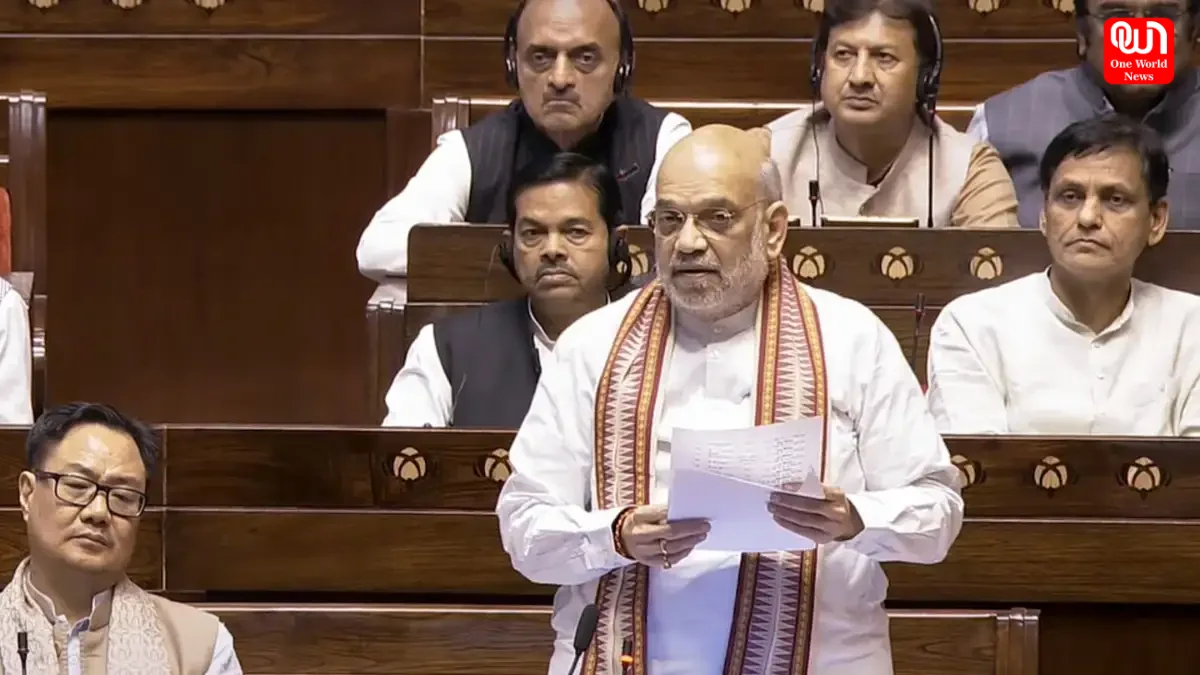PM Modi Hails Waqf Bill Passage as Socio-Economic Justice Milestone
The Waqf Bill will end the Waqf Act of 1995, placing much on the national debate over the last few weeks.
PM Modi Hails Waqf Bill Passage – Watershed Moment for Socio-Economic Justice
The Waqf Bill will end the Waqf Act of 1995, placing much on the national debate over the last few weeks. Covering its arguments, the government says the old act continued to create confusion and disputes on land with a serious effect on public interest or on the holders of properties-private in particular; in essence, there are vested interests that misuse it for their purposes. The government’s arguments further justify the need for equity in the management of properties religious and charitable.
In a social media post just after the passage of the bill, PM Modi had said: “Today is a watershed moment in the journey of the nation towards establishing socio-economic justice. Passage of the Waqf Repeal Bill thus brings in greater transparency, accountability, and equal rights for all citizens irrespective of the religion. This is not just about reforms of an old law but about setting right the historical imbalances and empowering every Indian.”
The Prime Minister said that this must not be looked at from the communal angle, an extension of the government to work towards equitable development reducing institutional aberrations. “Our government stands committed to the principle of Sabka Saath, Sabka Vikas, Sabka Vishwas. Reforms like these are necessary for building a New India where laws serve the people and not select groups-, he added.
Political reactions to the bill have been sharply divided. While BJP leaders and NDA allies lauded the move as a progressive step towards modern governance, opposition parties accused the government of targeting minority institutions, to whom it showed scant consideration for their historical sensitivities. Other regional leaders voiced their concern that the repeal could create administrative confusion and legal uncertainty with regard to thousands of properties that were classified under the Waqf Act.
However criticized, the bill made smooth passage in both Houses of Parliament securing massive support; in Lok Sabha, it received more than 330 votes for and less than 100 against; in Rajya Sabha, it was tilted strongly in favor too, ultimately marking the successful floor management and political coordination by the NDA.
Union Minister for Minority Affairs said that the repeal heralds a new regulatory regime responsible for good land governance that puts a stop to encroachments and abuse of religious endowments for political or financial gains. He appended that soon draft rules for her implementation will be made known, leaving the states within a clear framework for transitioning.
The responses from civil society have been mixed. Some reformists have viewed it as an important step toward transparency while others have raised fears of what it could mean for minority rights and cultural heritage. According to the experts, it will depend greatly on how the framing and implementation of rules go down at the ground level.
Read More: Modi Govt 3.0’s Waqf Bill: An Ideological Move Like 370
The government pompously states that a legal change has occurred in the nation that presents reform, equality, and justice. Whether or not it becomes truly transformative will depend on the action taken at this moment and the conversation it creates among communities across the nation.
We’re now on WhatsApp. Click to join.
Like this post?
Register at One World News to never miss out on videos, celeb interviews, and best reads.








